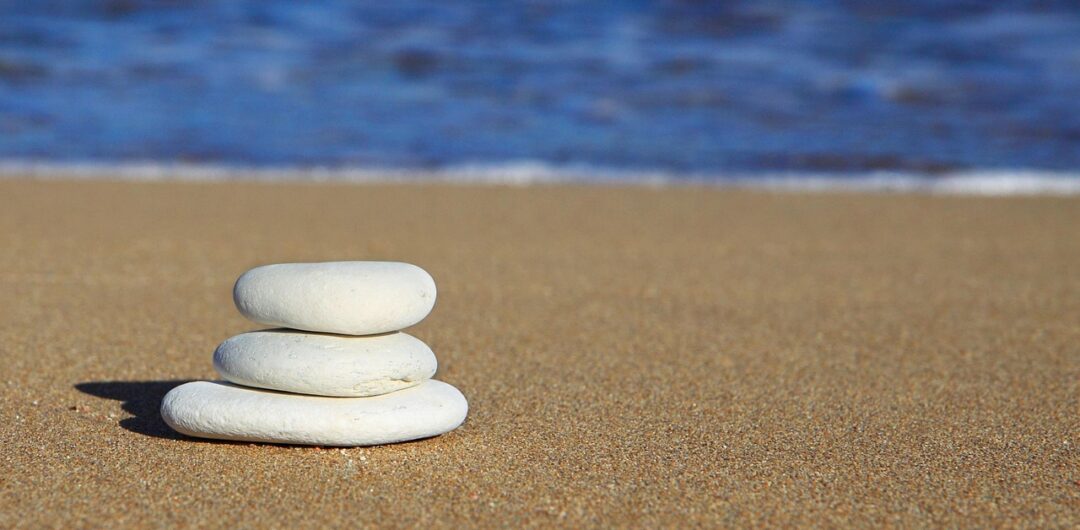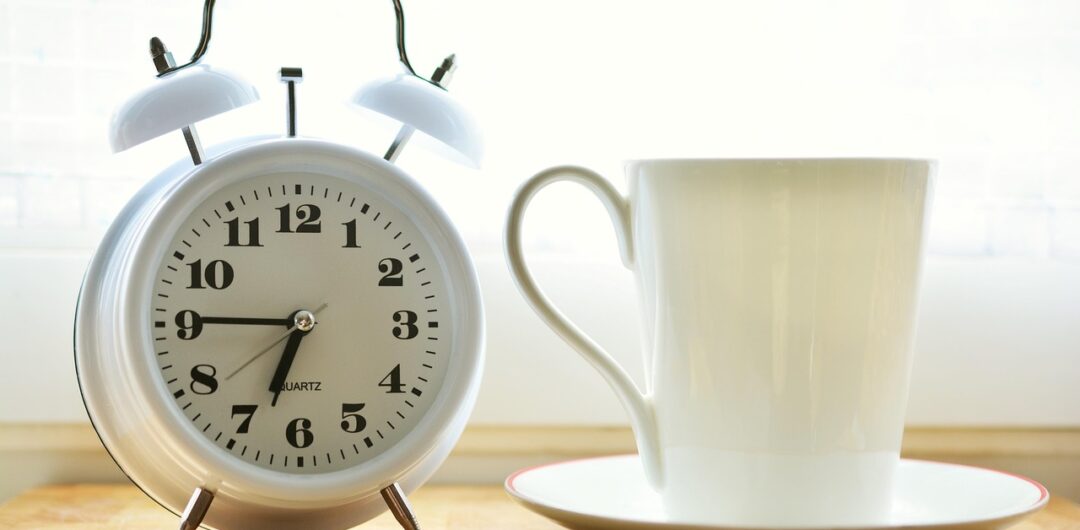Minimalism has become more than a design trend or an aesthetic preference. It is a conscious lifestyle choice aimed at simplifying life by stripping away the nonessential. At its core, minimalist living is about focusing on what truly matters while removing the clutter—both physical and mental—that weighs people down.

In a world that constantly encourages more consumption, more commitments, and more complexity, minimalism offers a refreshing counterbalance. The essence of this way of living is not deprivation, but intentionality. By eliminating distractions and excess, space is created for clarity, peace, and fulfillment.
While minimalism is often associated with owning fewer possessions, its principles extend far beyond wardrobes and furniture. It influences how money is managed, how time is allocated, and how relationships are nurtured. The practice is not about rigid rules but about building a meaningful life that aligns with personal values rather than social pressures.
Financial Simplicity and Escaping the Weight of Debt

One of the most overlooked but powerful aspects of minimalist living is its impact on finances. Modern life often comes with the burden of loans, credit card bills, and long-term mortgages. These commitments can quietly erode peace of mind, creating stress that lingers in the background of daily life.
Minimalism challenges this by encouraging conscious spending and an honest assessment of financial obligations. Rather than constantly chasing material upgrades, the minimalist mindset redirects energy toward reducing liabilities and securing stability.
When someone chooses to live with less, their expenses naturally decrease. Lower consumption translates to fewer impulse buys and reduced reliance on credit. This shift gradually eases the pressure of monthly bills.
For those already carrying multiple debts, the process of simplifying finances may include strategies like debt consolidation, which streamlines repayment into a manageable structure. While not a universal solution, it can support a minimalist approach by reducing complexity and freeing mental space otherwise consumed by juggling multiple obligations.
The peace of mind that comes from financial simplicity cannot be overstated. Minimalism does not eliminate all responsibility, but it provides a pathway where money supports life rather than controls it. Living debt-free, or at least with minimized obligations, allows individuals to focus on experiences, personal growth, and meaningful connections instead of the endless cycle of repayment.
Redefining Success Beyond Possessions

A minimalist lifestyle challenges conventional definitions of success. Society often equates achievement with accumulation: a bigger home, a newer car, a longer list of belongings. Yet, when examined closely, these markers rarely lead to lasting satisfaction. Minimalism asks the critical question: what truly contributes to happiness?
For many, the answer lies not in objects but in freedom—freedom of time, freedom from stress, and freedom to pursue passions. By reducing attachment to possessions, minimalists create space for these freedoms to flourish. A smaller home might mean fewer expenses and more time spent with loved ones. Owning fewer gadgets might reduce distractions, allowing more energy to be devoted to creative pursuits or health.
This redefinition of success does not diminish ambition; instead, it refines it. The minimalist lens encourages goals rooted in value rather than vanity. Achievements are measured by fulfillment and balance, not by external comparisons.
Decluttering as a Mental Reset

The connection between physical clutter and mental stress is well established. When a space is filled with excess, it becomes harder to focus, harder to relax, and harder to find clarity. Minimalism recognizes that the state of one’s environment mirrors the state of the mind.
Decluttering is not about ruthlessly discarding belongings but about evaluating whether each item serves a purpose or brings genuine joy. The process of removing unnecessary objects becomes an act of mental renewal. Each drawer cleaned and each shelf simplified translates to less noise competing for attention. The result is a living space that feels calm, intentional, and restorative.
Importantly, decluttering is not a one-time event but a mindset. Minimalists adopt habits that prevent clutter from reaccumulating. This might include thoughtful purchasing decisions, regular reassessment of belongings, or setting limits on unnecessary accumulation.
Time as the Ultimate Luxury

Minimalism extends beyond material possessions into the realm of time. In many ways, time is the ultimate nonrenewable resource, and yet it is often treated as expendable. Schedules overloaded with commitments, endless digital distractions, and the pressure to be constantly busy leave little room for rest or reflection.
Minimalist living emphasizes the intentional use of time. By declining unnecessary obligations, individuals reclaim hours once lost to activities that did not align with their priorities. This regained time can be directed toward rest, creativity, meaningful relationships, or simply being present in the moment.
The practice also involves rethinking productivity. Rather than glorifying busyness, minimalism encourages effectiveness: doing less, but doing it well. This approach reduces stress, prevents burnout, and fosters a sense of control.
Relationships and Emotional Clarity

Minimalism not only affects possessions and schedules; it also reshapes how relationships are approached. Just as excess clutter can overwhelm a home, unnecessary or draining relationships can overwhelm the heart and mind. The minimalist philosophy invites careful reflection on which connections genuinely nurture well-being.
This does not mean cutting people out indiscriminately but rather cultivating intentionality in relationships. Minimalists tend to focus on depth over breadth, valuing fewer but more meaningful connections. By doing so, they create space for authentic interactions instead of spreading themselves thin across countless shallow ones.
The Joy of Living Lightly

At its core, minimalist living is about freedom—the freedom to carry less, worry less, and need less. This freedom is not about scarcity but about sufficiency. It is the recognition that life’s richness does not come from owning everything but from needing little.
Living lightly has practical benefits: moving homes becomes less daunting, cleaning becomes quicker, and maintaining possessions requires less effort. But beyond practicality, it cultivates a deeper appreciation for the present moment. When life is not weighed down by excess, there is more room for gratitude, spontaneity, and contentment.
Peace of mind emerges not from external acquisitions but from the internal realization that less can indeed be more. Minimalist living is not about having nothing; it is about having enough—and in that sufficiency lies a profound sense of calm.
